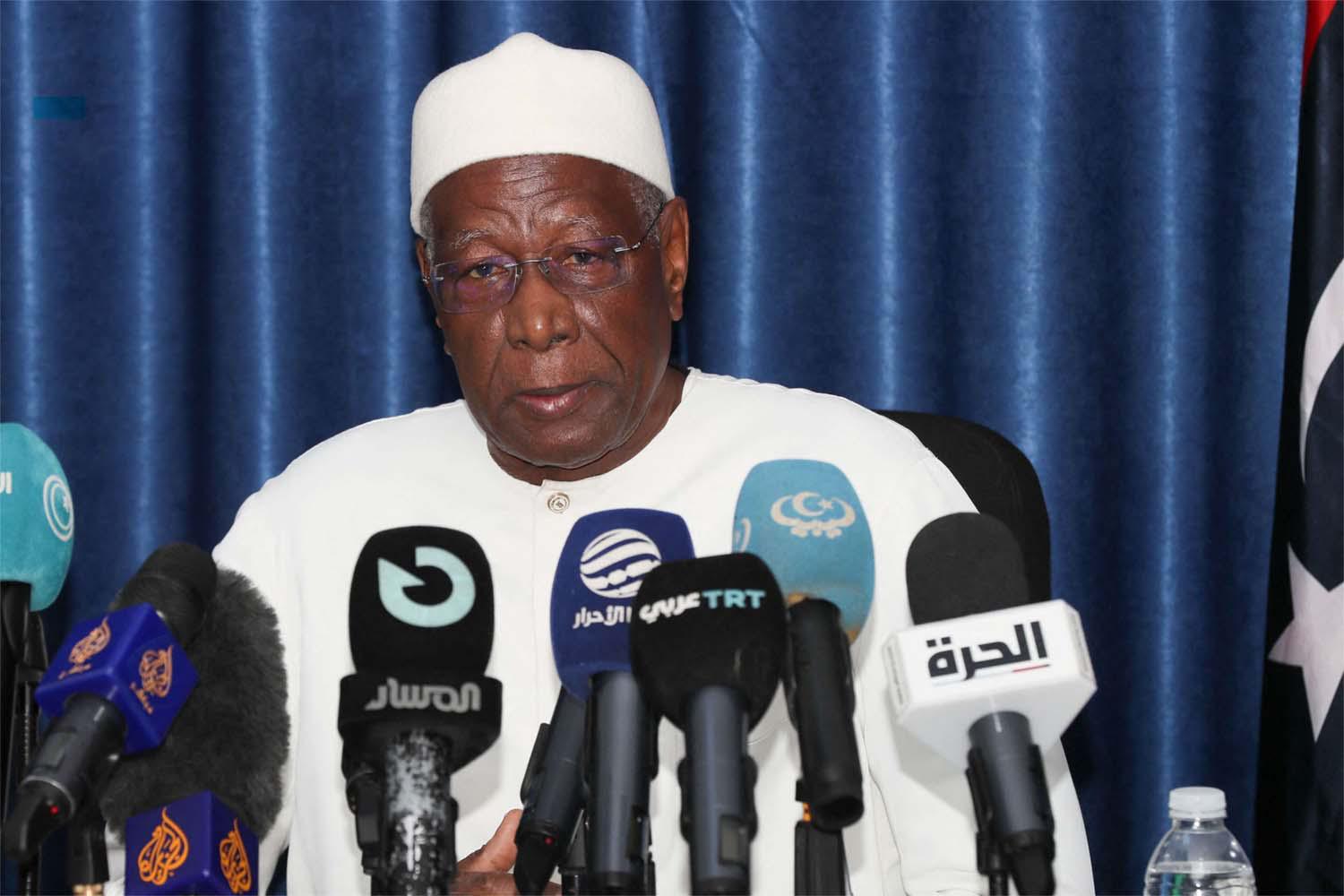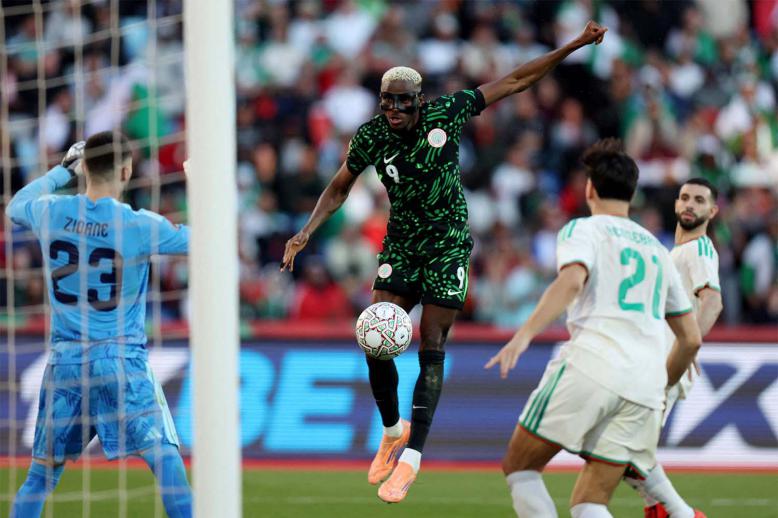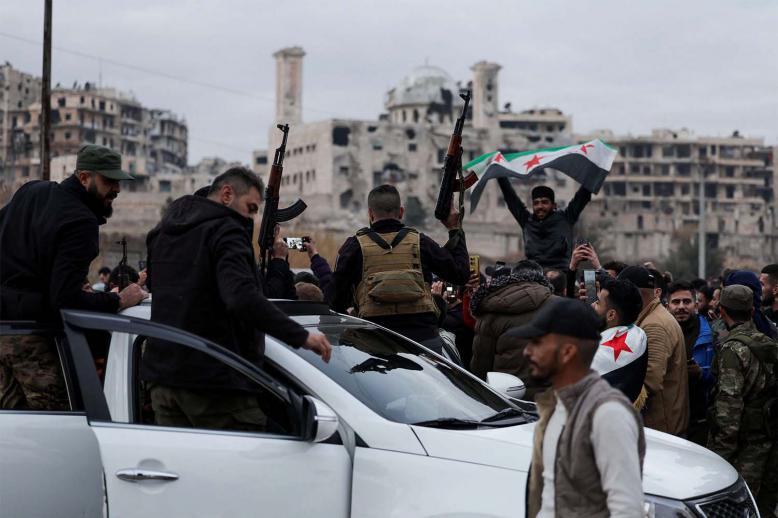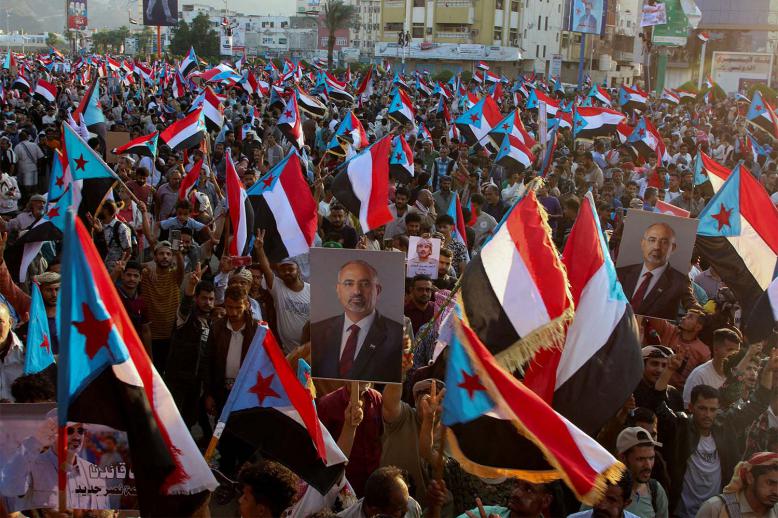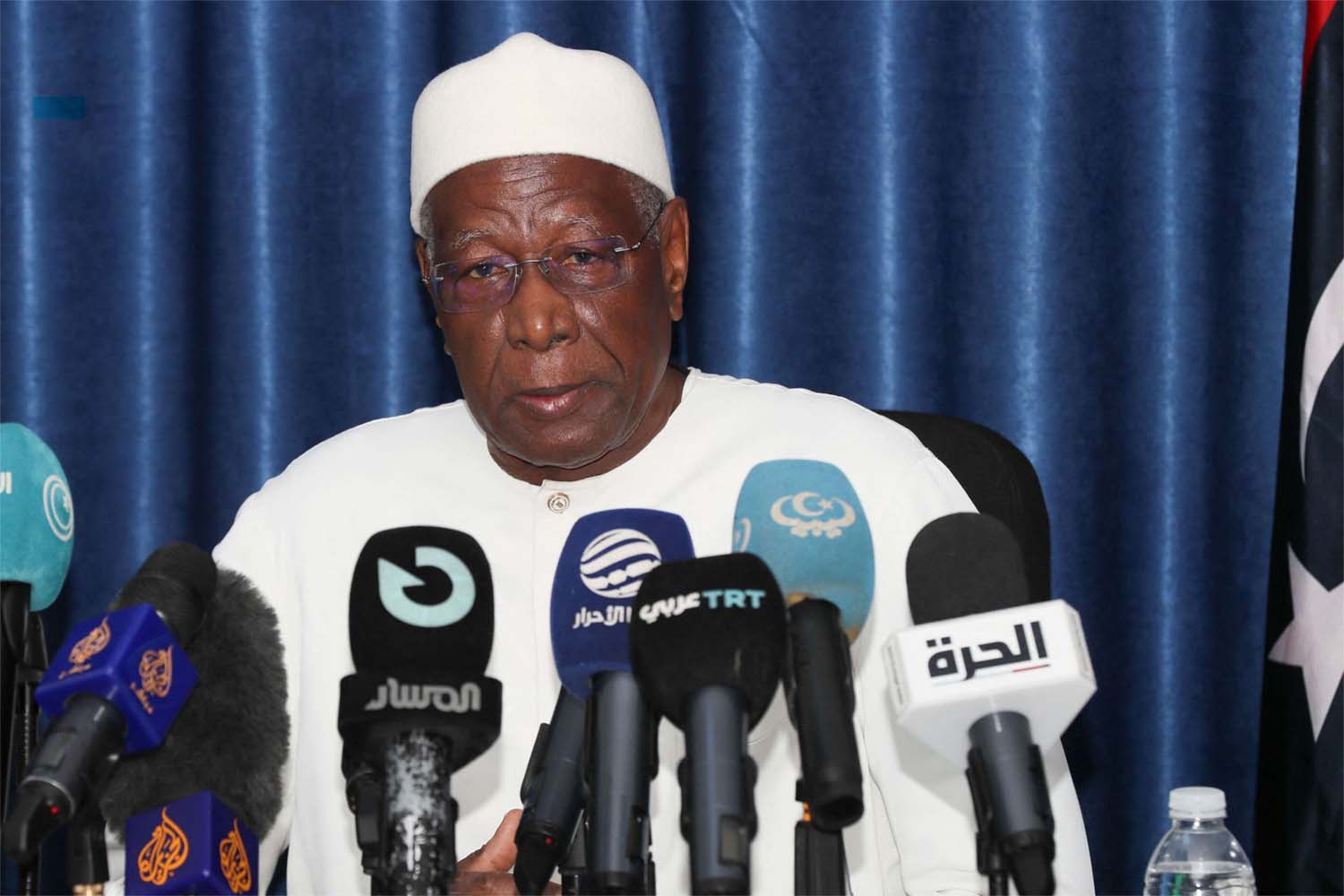UN Libya envoy calls for 'unified government' for election
TRIPOLI - United Nations Libya envoy Abdoulaye Bathily said on Tuesday that "a unified government, agreed upon by the major players, is an imperative for leading the country to elections", an apparent shift from an earlier position that elections should come first.
Libya's internationally recognised Government of National Unity (GNU) in Tripoli has not been accepted by the eastern-based parliament since early 2021 after a failed attempt to have national elections.
The dangers of Libya's unresolved conflict were apparent last week when armed factions battled in Tripoli, killing 55 people in the worst fighting there in years.
U.N. diplomacy in recent years had focused on the urgency of holding national elections despite differences, rather than replacing GNU Prime Minister Abdulhamid al-Dbeibah and forming another interim government to oversee the vote.
"It's a bad day for Dbeibah. The earth is shaking beneath his feet," said Libya specialist Jalel Harchaoui of the Royal United Services Institution in London.
Bathily has been pushing the parliament, known as the House of Representatives, as well as a second consultative body with a say over major political issues called the High State Council, to finalise electoral laws.
In his comments to the United Nations Security Council on Tuesday Bathily said he was exploring the possibility of convening a meeting "of the main stakeholders or their representatives" to resolve major issues.
Libya has had little peace or security since a 2011 NATO-backed uprising and it split in 2014 between warring eastern and western factions. Though major warfare paused after a 2020 ceasefire, there is little trust between the main factional leaders.
Many Libyans suspect their political leaders have little interest in a lasting settlement or elections that could oust them from positions of authority that they have held for years.
"A negotiation over a new interim government has a chance because there is a carrot for rivals to participate. But once it is created all incentives for elections disappear. And Bathily has no stick," said Tim Eaton, Libya researcher at Chatham House.
Bathily said he was working with the Tripoli-based Presidential Council head, Mohammed al-Menfi, to look at bringing the main players to a meeting.
Besides Menfi, he named House of Representatives speaker Aguila Saleh, GNU Prime Minister Abdulhamid al-Dbeibah and eastern commander Khalifa Haftar.


